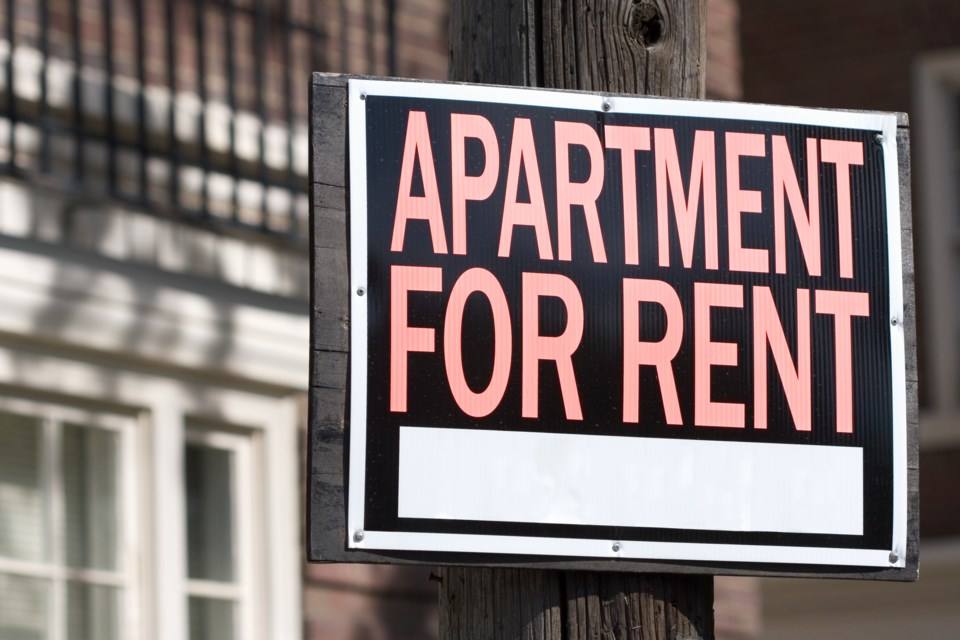Statistics Canada census data shows that the top rental cities in B.C. are Victoria, New Westminster, Vancouver and the City of North Vancouver, with the latter two being in the top five most expensive cities to rent in Canada, according to liv.rent.
“They are constantly ranking in the top five most expensive cities in Canada,” said Paula Azevedo, a rental expert at liv.rent. “It demonstrates that a higher cost of ownership is often reflected in the average rental prices. And that being said, since it's so hard for people to actually own homes in those cities, Vancouver and North Vancouver, the number of renters will increase.”
The average home price in Metro Vancouver is $1,163,092, according to liv.rent, with median rent for a one-bedroom unit in Vancouver being roughly $2,470, according to MLA Canada.
Across the province, 33 per cent of British Columbians are renters, with 67 per cent being homeowners, according to data provided to Glacier Media by Andy Yan, director of Simon Fraser University’s City Program. Nationwide, 32 per cent of Canadians are renters, according to a Leger survey commissioned by Re/Max Canada.
Data like this can help inform both renters and policy makers when it comes to making a decision regarding the rental market in B.C., Azevedo said.
“That data is extremely important for renters to understand how much they will be paying if they're moving from other countries or other provinces to B.C.,” she said. “Hopefully, [the government] will be able to think about and plan new initiatives to support the rental market and invest more in purpose-built rentals and remove the policies that make rentals so hard for developers to build faster.”
Victoria has the most rentals in B.C. (60 per cent), according to Yan’s data. He said that this can be attributed to the government and hospitality industries, which cater to renters.
“In Victoria, we do see more purpose-built rentals, as opposed to Vancouver and North Vancouver. So that is likely the reason why there are more renters there as well, because there's more rental inventory,” said Azevedo.
According to Statistics Canada, the number of renters in B.C. grew almost three times more than the number of homeowners between 2011 and 2021.
For those who are hoping to become homeowners, 25 per cent worry that the rising cost of rent will impact their ability to save for and buy a home, according to the Leger survey.
Liv.rent predicts that cities like Surrey, which has a 30 per cent rentership rate, will see a higher demand for rentals in the coming years, and will require more resources and regulations as a result. The addition of UBC’s Surrey Campus and the continuation of hybrid work models will add to this, they said.
“We did notice for the City of Vancouver and the City of New Westminster, that there is a huge investment in terms of new purpose-built rentals to support the influx of international students coming to some of the most popular post-secondary institutions in the province,” Azevedo said.



